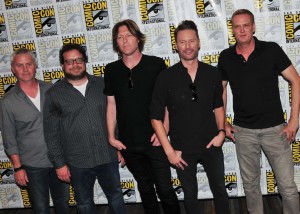
By: Nick Eskey
There are many pieces that go into creating a successful movie and television series, especially when trying to bring something to life from a printed medium. There has to be a solid script, right choice of actors, a fitting venue, and of course perfect music score. All of these aspects paint a story, carry themes, and convey emotions.
Located at the Indigo Room of the Hilton Bay Front Hotel across from the San Diego convention center, The 2nd Annual Musical Anatomy of a Superhero: Bringing a Comic Book to Life returned. On hand this year was an impressive panel of composers: Tyler Bates, Christophe Beck, Blake Neely, John Ottoman, and Brian Tyler. You might recognize some of their work, like Watchmen, X-Men: Days of Future Past, Iron Man 3, and the television series Buffy the Vampire Slayer. Each one of these men have had a hand in crafting fantastic scores for hit media, and are well versed in using music to sell a story.
Tyler Bates is a combination of a rock star and composer. He is currently on tour with Marilyn Manson as lead guitarist, and he’s worked on some notable movies such as 300, Watchmen, Sucker Punch, and Dawn of the Dead. His upcoming work will be Guardians of the Galaxy. When asked if the movie will feature a lot of “epic guitar,” surprisingly Tyler said, “No actually. I wanted to stay as close to a traditional orchestral as possible.” He felt that for the story, it would be a better vehicle.
Though the right feel for the music could be fleshed out, it’s also important for the right placement. Apart from the new release of the movie he worked on, Edge of Tomorrow, Christophe Beck has also worked on Buffy the Vampire Slayer series, the movie Electra, and Disney’s Frozen. With Frozen, Christophe talked about the importance of music placement. “The songs were pretty much already written and in place when I started, but there’s still an involved process with working with filmmakers and songwriters… There had to be proper placement of where a song should go; does it fit. Also on where the scores should go; how subtle they should be.” The prominence of a piece can affect how long a particular feeling lingers, and how it can influence the current scene.
But no hero story is created equal, as Blake Neely pointed out. He currently composes for both Arrow, and the soon to premiere show The Flash. He had a lot to say on the subject of these heroes and the differing emotions of each show. “Arrow is a dark world [where] there are no super heroes. Flash, he’s a scientist who, spoiler alert, is struck by lightning and get’s super powers. His character is lighter. Both shows are unique in the emotions that need to be conveyed.”
Speaking of unique, John Ottoman is not only plays the role of composer, but typically the role of editor. “It’s always hard to find time to write,” he confessed. John scored X-Men: Days of Future Past. There were a couple challenges he said with writing the music for the movie. One was that was there were a few different time periods that he had to balance, both future and the 70’s. And the other as John put it was, “I felt that there needed to be redemption for the 2nd X-Men movie, so I did my best to resurrect the score from it and use it for Future Past.”
The act of actually writing for super heroes isn’t particularly a different set of skills as one would think it is. Super heroes still live and act the same emotions that general public would said all the composers universally, so it’s really a retelling of those same, well-used themes in a more action packed environment.
But what about a level continuity between a studio’s franchises? Should each and every story use a similar, connecting sound to show their relation? For the most part all of the composers said that really it should be up to each story to dictate the music for it. Brian Tyler however had something different to say. “Let’s use Marvel. All the movies go back to a general sound, like Thor: The Dark World and Iron Man 3 which I’ve worked on. Marvel wants to keep them connected, because they do after all play into each other somehow. And you should also be able to notice it in Avengers: Age of Ultron.”
In short, it doesn’t take any special rituals or set of rules to write an epic hero story. What a good composer does need is an understanding of emotions and themes, and how to relay them to the audience. If this is achieved, then the super heroes really do feel super.


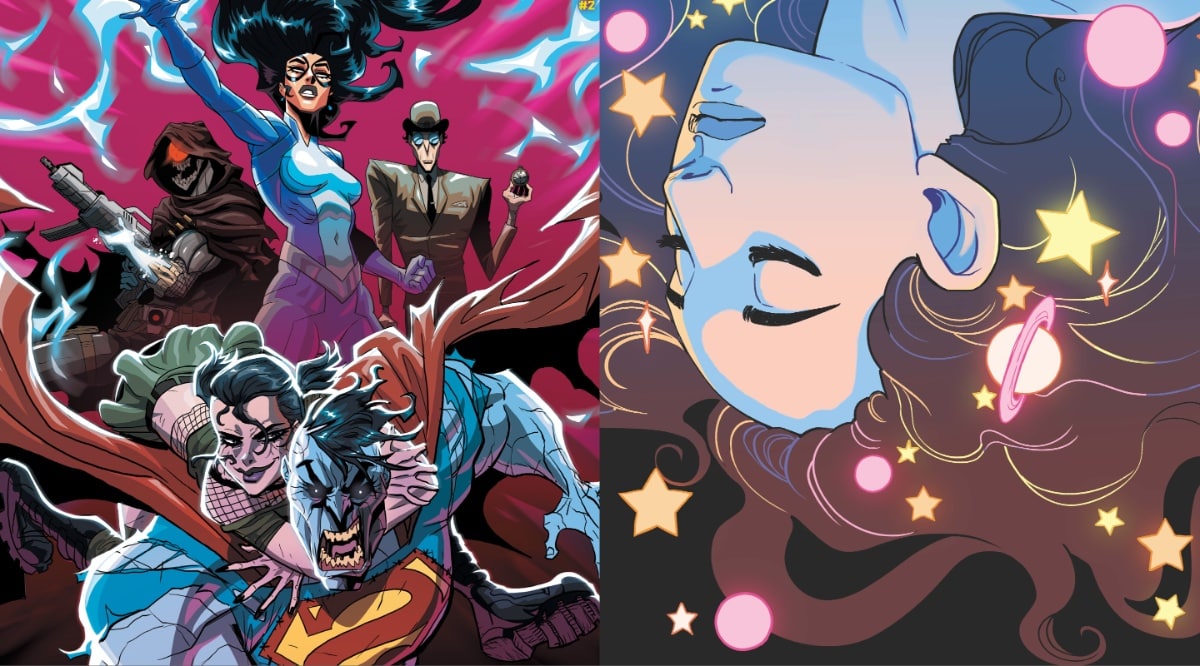
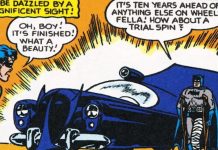
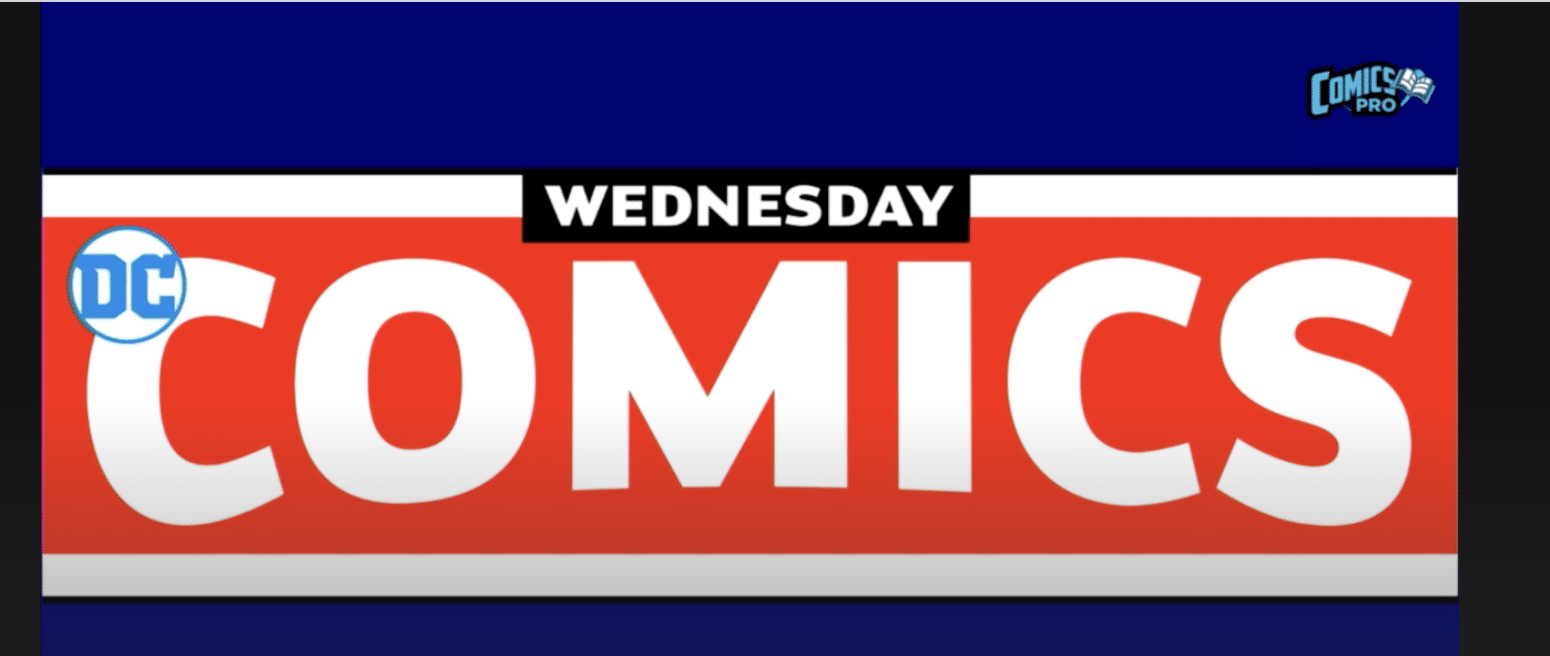
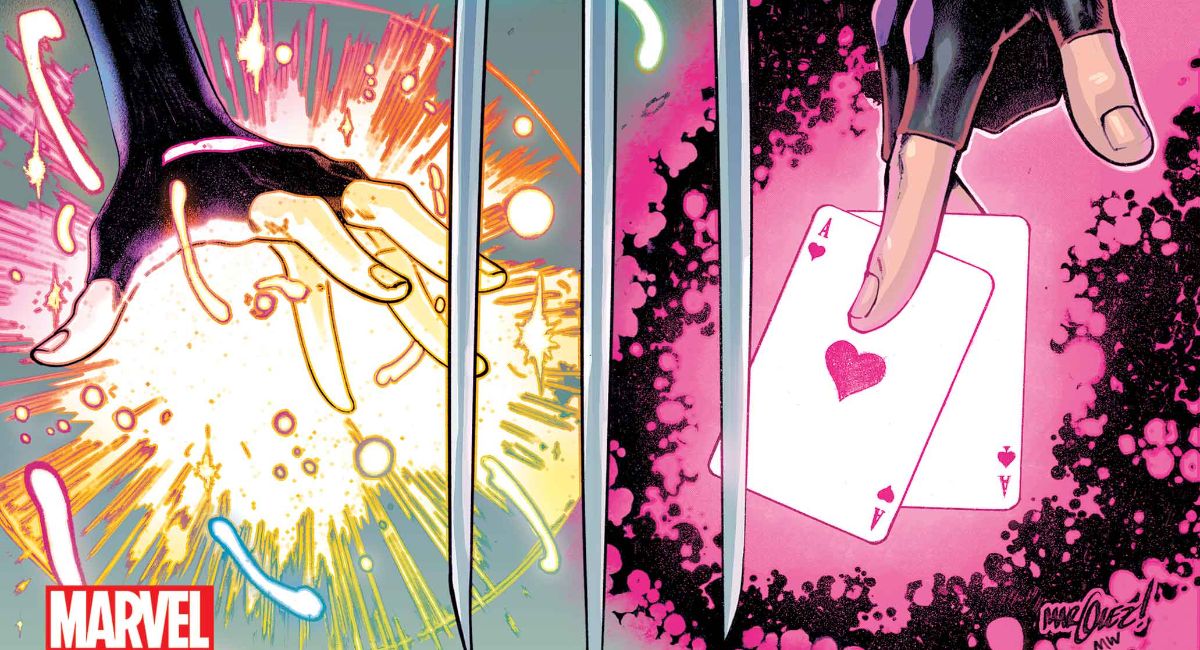



Comments are closed.